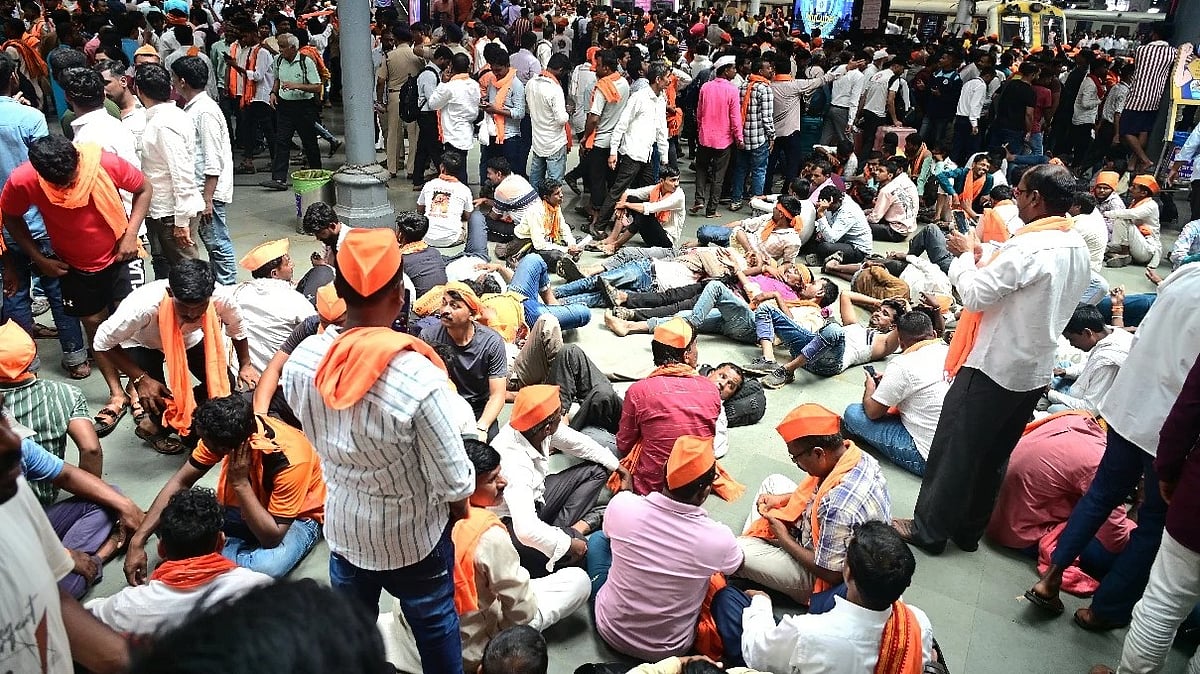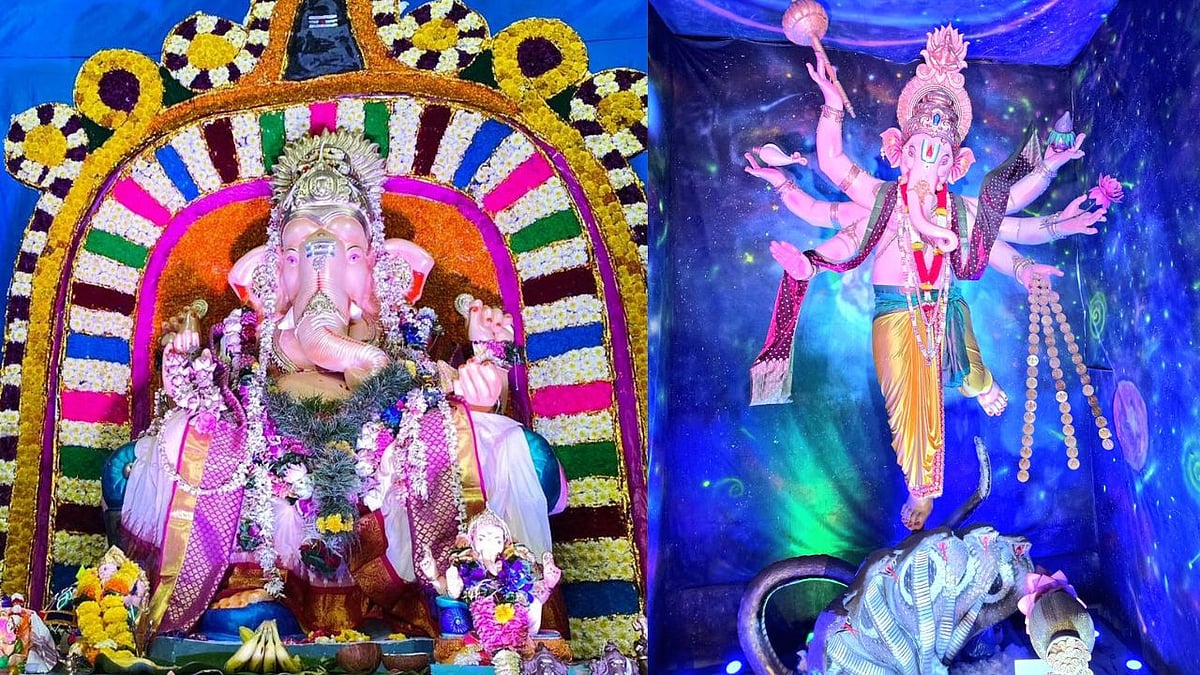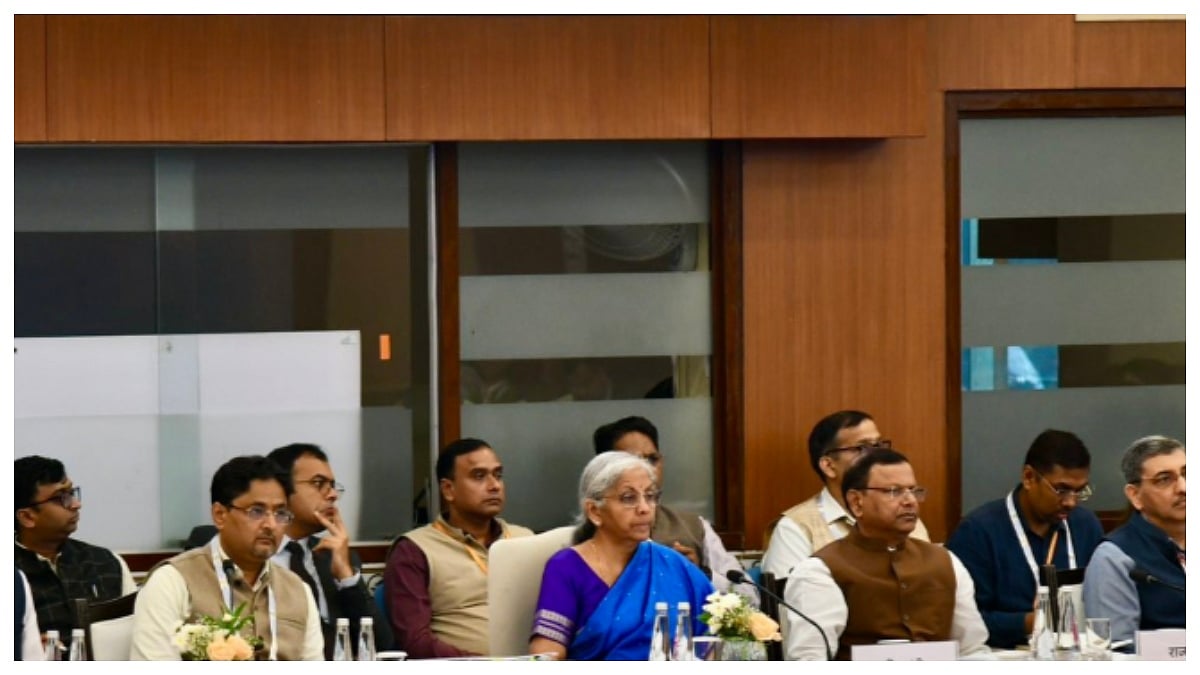Mahatma Gandhi, the father of the nation, left an indelible mark on the world through his philosophy of non-violence and his tireless efforts in the pursuit of independence for India. Every year on January 30, the nation comes together to commemorate the death anniversary of this iconic leader.
On January 30, 1948, Mahatma Gandhi was assassinated in New Delhi by Nathuram Godse, a Hindu nationalist. This day is observed not only as a remembrance of his tragic death but also as an occasion to reflect on the principles and values he stood for throughout his life.
Commitment to non-violence
Gandhi's commitment to non-violence is a cornerstone of his legacy. His philosophy emphasised the power of truth and love in overcoming injustice and oppression. His death anniversary serves as a reminder of the enduring relevance of these principles in a world grappling with conflicts and strife.
The day typically begins with solemn ceremonies at Raj Ghat, the memorial dedicated to Mahatma Gandhi, where political leaders, dignitaries, and citizens pay homage to his departed soul. It is a time for introspection and a renewed commitment to the ideals of peace and harmony that Gandhi championed.
Various events and activities are organised across the country to mark the occasion. Schools and educational institutions often conduct special assemblies to educate students about the life and teachings of Gandhi.
Debates, essay competitions, and cultural programs are organised to engage the youth in discussions about the relevance of Gandhian philosophy in contemporary times.
Self-reliance and simplicity
One of the key aspects of Gandhi's legacy is his emphasis on self-reliance and simplicity. Many individuals and organisations take this day as an opportunity to promote sustainable living and ethical practices. Initiatives such as cleanliness drives, tree plantations, and community service projects are undertaken to honor Gandhi's vision of a self-sufficient and compassionate society.
In addition to events within India, the United Nations has also recognised October 2, Gandhi's birthday, as the International Day of Non-Violence. This global acknowledgment underscores the universal appeal of Gandhi's principles and their potential to inspire positive change worldwide.
The death anniversary of Mahatma Gandhi is not just a day of mourning; it is a day of rekindling the flame of his ideals. It prompts individuals to evaluate their actions and choices in the light of non-violence and truth. As the nation pays homage to the Mahatma, it is an opportune moment to reaffirm the commitment to building a world guided by the principles of peace, justice, and equality—a world that Gandhi envisioned and tirelessly worked towards throughout his life.











